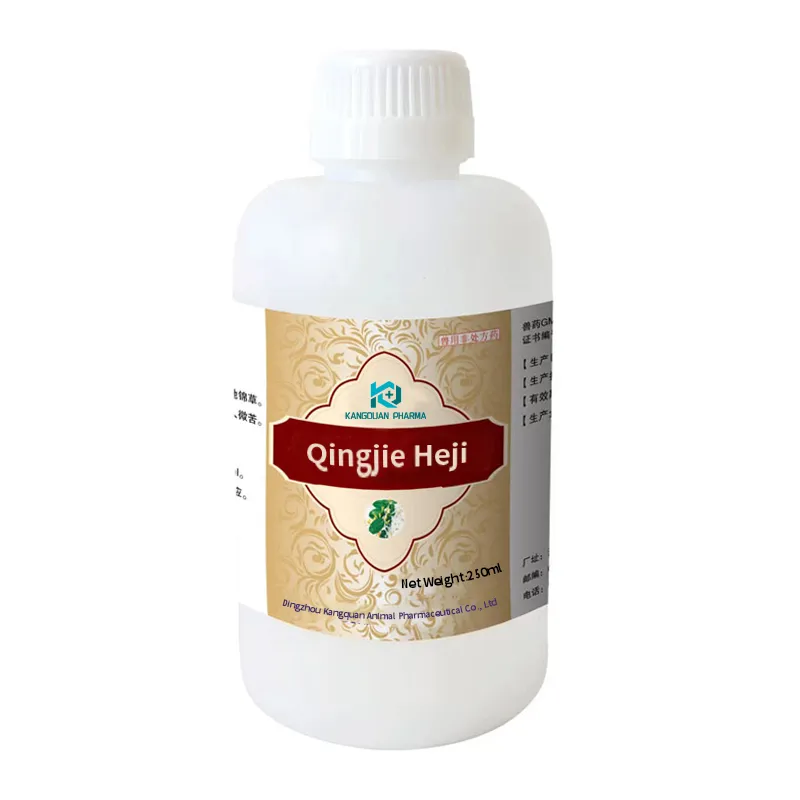- Afrikaans
- Albanian
- Amharic
- Arabic
- Armenian
- Azerbaijani
- Basque
- Belarusian
- Bengali
- Bosnian
- Bulgarian
- Catalan
- Cebuano
- Corsican
- Croatian
- Czech
- Danish
- Dutch
- English
- Esperanto
- Estonian
- Finnish
- French
- Frisian
- Galician
- Georgian
- German
- Greek
- Gujarati
- Haitian Creole
- hausa
- hawaiian
- Hebrew
- Hindi
- Miao
- Hungarian
- Icelandic
- igbo
- Indonesian
- irish
- Italian
- Japanese
- Javanese
- Kannada
- kazakh
- Khmer
- Rwandese
- Korean
- Kurdish
- Kyrgyz
- Lao
- Latin
- Latvian
- Lithuanian
- Luxembourgish
- Macedonian
- Malgashi
- Malay
- Malayalam
- Maltese
- Maori
- Marathi
- Mongolian
- Myanmar
- Nepali
- Norwegian
- Norwegian
- Occitan
- Pashto
- Persian
- Polish
- Portuguese
- Punjabi
- Romanian
- Russian
- Samoan
- Scottish Gaelic
- Serbian
- Sesotho
- Shona
- Sindhi
- Sinhala
- Slovak
- Slovenian
- Somali
- Spanish
- Sundanese
- Swahili
- Swedish
- Tagalog
- Tajik
- Tamil
- Tatar
- Telugu
- Thai
- Turkish
- Turkmen
- Ukrainian
- Urdu
- Uighur
- Uzbek
- Vietnamese
- Welsh
- Bantu
- Yiddish
- Yoruba
- Zulu
8 月 . 06, 2024 09:16 Back to list
Effective Disinfectants to Ensure the Health and Safety of Your Horses and Stables
The Importance of Disinfectants for Horses Ensuring Health and Safety
Horses are majestic creatures that require careful attention to their health and well-being. As with any animal, maintaining a clean and safe environment is crucial in preventing the spread of diseases and infections. One of the essential tools in achieving this is the use of disinfectants specifically formulated for equine care. This article will explore the importance of disinfectants for horses, the various types available, and best practices for their use.
In equine environments—such as stables, paddocks, and transport vehicles—bacteria, viruses, and parasites can thrive if proper cleaning protocols are not in place. Horses can be susceptible to various illnesses, some of which can spread rapidly from one animal to another. For instance, equine influenza, strangles, and other contagious diseases can be detrimental to the health of an entire herd. By employing effective disinfectants, horse owners can significantly reduce the risk of disease transmission and create a healthier environment for their animals.
The Importance of Disinfectants for Horses Ensuring Health and Safety
When using disinfectants, it is vital to follow best practices to maximize their effectiveness. First and foremost, a thorough cleaning should be conducted before applying any disinfectant. This means removing organic matter such as manure, bedding, and feed residues, as bacteria often reside in these materials. Once the area is clean, the chosen disinfectant can be applied according to the manufacturer's instructions, taking care to ensure that all surfaces are adequately covered.
disinfectant for horses

Timing is also an essential factor in the application of disinfectants. Many products require a specific contact time to effectively eliminate pathogens. This means that the disinfectant should remain on the surface for a specified duration before being wiped off or rinsed away. Skipping this step can result in insufficient disinfection, allowing harmful microorganisms to survive.
In addition to maintaining the barn and stable areas, horse transport vehicles also require regular disinfection. Horses are often transported to competitions, veterinary clinics, or new homes, where they may come into contact with other equine populations. Cleaning and disinfecting trailers and transport boxes between uses can help prevent the spread of infections between different groups of horses.
Finally, it is essential for horse owners and caretakers to educate themselves about biosecurity measures. Understanding the importance of disinfectants, as well as other biosecurity protocols—such as quarantine for new arrivals and vaccination programs—will help safeguard the health of horses and minimize the risk of outbreaks in stable environments.
In conclusion, disinfectants play a vital role in the health and safety of horses. By regularly using appropriate disinfectants and adhering to best practices, horse owners can ensure a clean, safe environment for their beloved animals. This proactive approach will not only protect individual horses but also contribute to the wider equine community’s health and well-being. The investment in good disinfecting practices is an investment in the longevity and vitality of our equine companions.
-
The Power of Radix Isatidis Extract for Your Health and Wellness
NewsOct.29,2024
-
Neomycin Sulfate Soluble Powder: A Versatile Solution for Pet Health
NewsOct.29,2024
-
Lincomycin Hydrochloride Soluble Powder – The Essential Solution
NewsOct.29,2024
-
Garamycin Gentamicin Sulfate for Effective Infection Control
NewsOct.29,2024
-
Doxycycline Hyclate Soluble Powder: Your Antibiotic Needs
NewsOct.29,2024
-
Tilmicosin Premix: The Ultimate Solution for Poultry Health
NewsOct.29,2024













